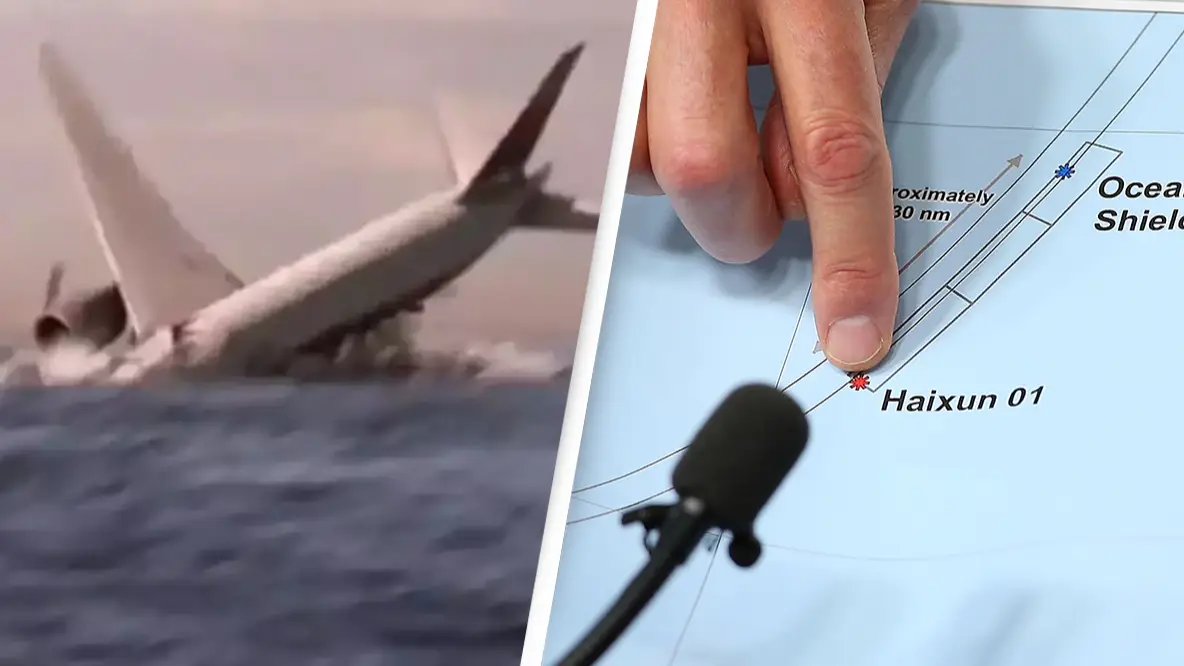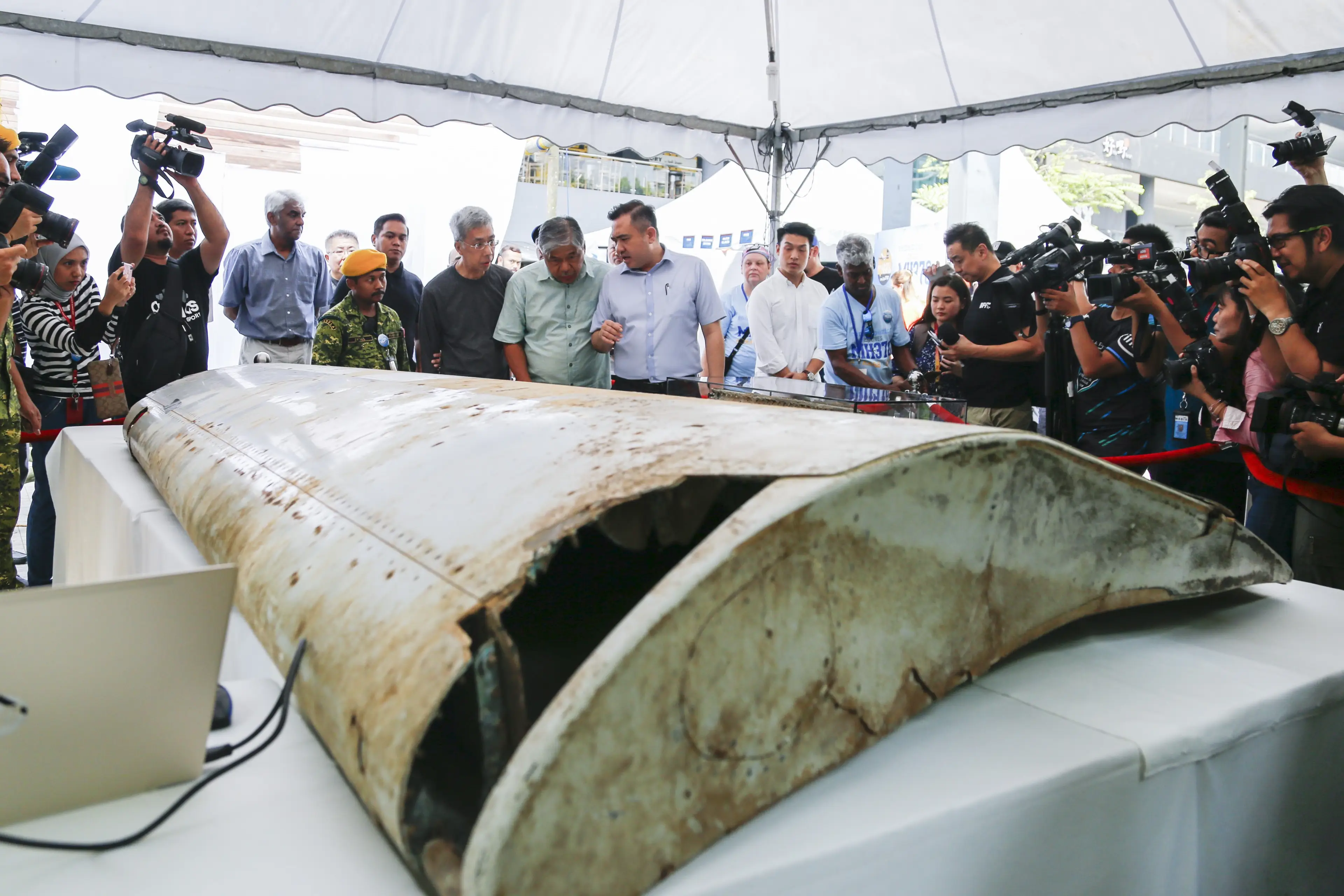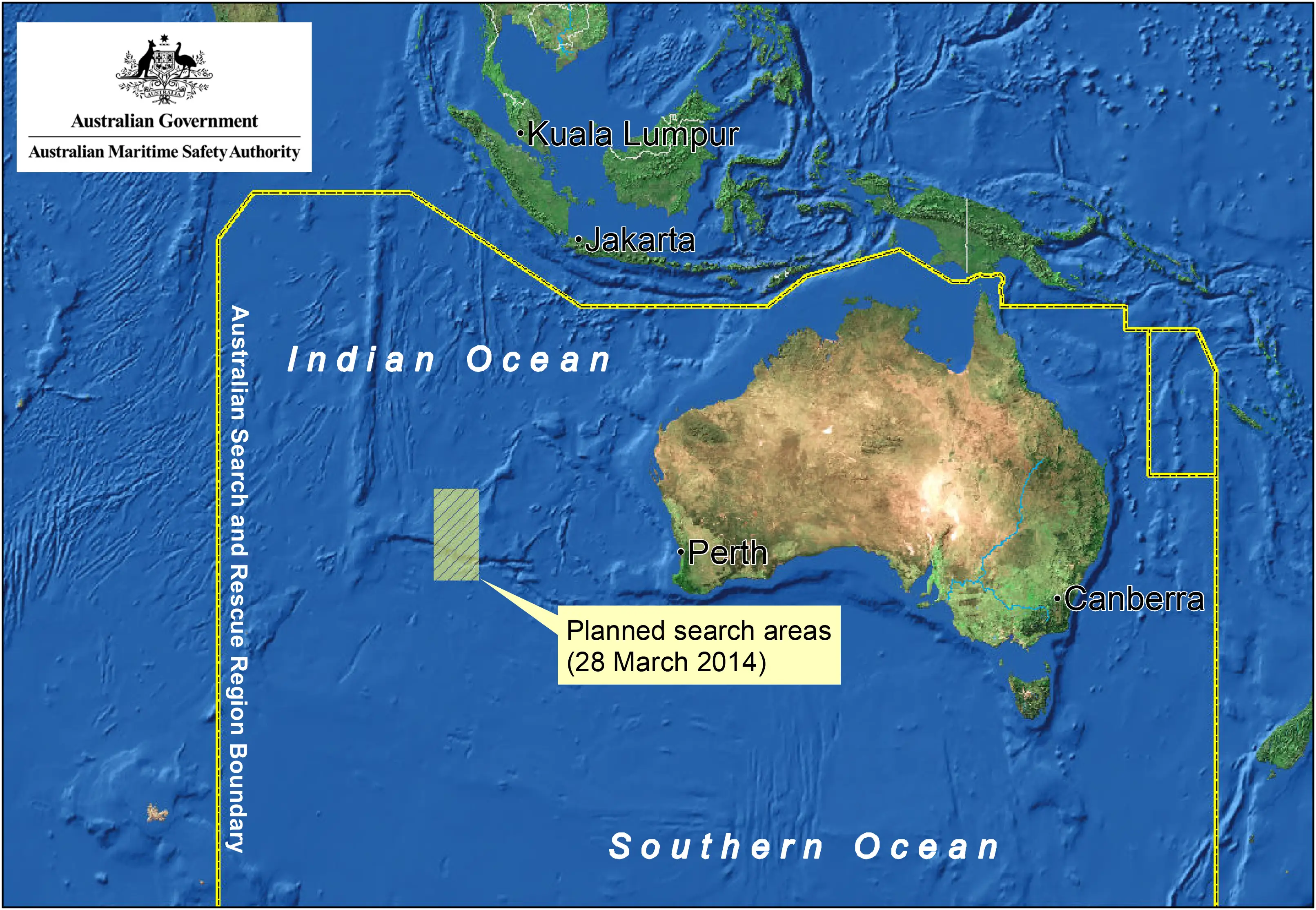
A new experiment being carried out by a private pilot is intended to finally 'determine the fate' of the missing Malaysia Airlines flight MH370.
What happened to flight MH370?
March 2024 marked 10 years since the aircraft carrying 239 people completely disappeared from flight radars during a journey from Malaysia to China.
Over the last decade, countless theories have been shared about the plane's disappearance, but despite extensive search efforts stretching from the ocean to the west of Australia to Central Asia, no definitive answers have ever come to light.
Advert
Now, US-based science journalist and private pilot Jeff Wise is hoping to get to the bottom of the mystery once and for all with 'The Finding MH370 Project'.
Wise has previously written a book, launched a podcast and appeared in a Netflix documentary relating to the missing plane, but he's hoping his project will reveal new evidence in the case.
He's launched a Kickstarter page for the experiment, which will clarify 'two paradoxical aspects of the plane's debris', attempting to 'solve the mystery once and for all'.
Speaking to FEMAIL about the plane's disappearance, Wise said: "It is the most baffling case - most are far more straight forward."

What is Wise's experiment?
In the hope of learning more about the case, Wise's experiment will focus on the first piece of the aircraft that was found after its disappearance; the flaperon from the plane's wing.
The discovery of the flaperon offered researchers an opportunity to theorize about where it had drifted from after the plane disappeared. This could be done in part by studying the barnacles that had grown on the debris, which contained chemical cues.
To learn more about how the growth of the barnacles, Wise's experiment will involve using a different 777 flaperon, which has been cut to match the shape of MH370's, and fitting it with sensors and data collection tools.
The flaperon will then be released near the presumed crash site of MH370, 11 years to the day that the plane disappeared.
Cameras will be able to monitor the growth of barnacles on the surface, while a radio transmitter will track the location of the flaperon on its journey.
After 15 months, the flaperon will be recovered and the barnacle population examined.
Meanwhile, volunteers working on the project will sample barnacles growing on more than 1,000 buoys currently in the world's oceans, creating a data set to compare to MH370's flaperon.

What will the experiment show?
Wise expects the experiment will result in one of two findings: either the barnacles will grow all over the new flaperon, or barnacles grow only on the portion of the flaperon, which remains continuously in the water.
In turn, these findings will inform one of two theories about what happened to the plane.
If the barnacles grow all over the flaperon, it would indicate the plane landed in the Indian Ocean after one of MH370's own pilots hijacked the plane to carry out a mass-murder-suicide.
If the barnacles only grow on the section that's in the water, it could indicate the debris was placed in the Ocean at a later date, suggesting the crash may have been the result of a hijacking from a third party.
Wise is confident the experiment will turn up new answers, telling the Mail Online: "[Authorities] are saying, "Oh, we've done everything we can".
"You have not done everything you can," he argued.
"You haven't. You stopped trying. There are things that you can do. And if I have to do it myself, I will."
Topics: MH370, Science, Weird, World News